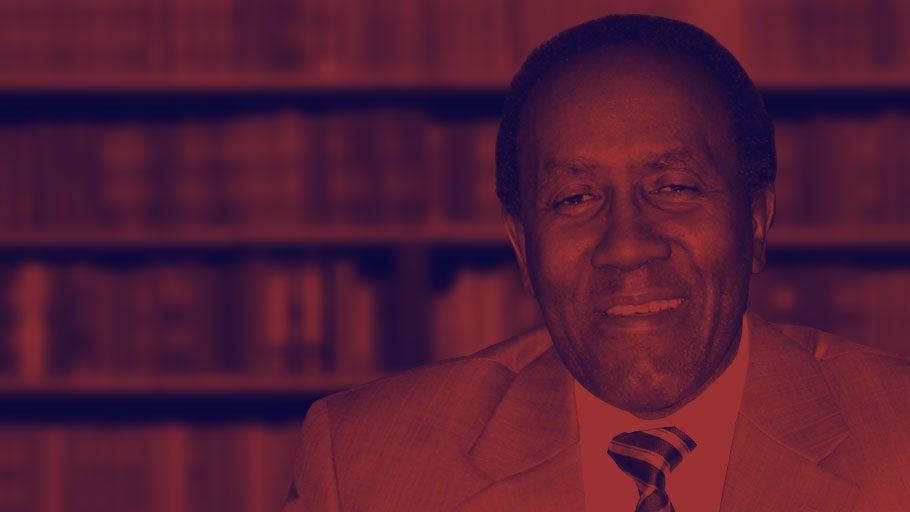On Thursday, June 12, 2014, Brazil will play the opening game of the World Cup against Croatia. The World Cup brings together 32 teams from all corners of the world. These teams have emerged as the “top dogs” in their respective regional conferences after two years of grueling elimination matches. The World Cup will run for a month and in the United States, the matches will be broadcast by ABC and billions from around the world will be spellbound by the beautiful game of soccer.
Brazil is not only hosting the World Cup of 2014 but also the Olympic Games of 2016. The staging of world athletic events by emerging world powers is an expensive and perilous way of seeking world power status.
The People’s Republic of China staged the Olympic Games in 2008. South Africa hosted the World Cup in 2010 and Russia was the host country for the Winter Olympics of 2014. At Sochi, the Russians spent billions of dollars and the venues were not ready until the eleventh hour. China staged the 2008 Olympic Games in the midst of their environmental pollution crisis. As an outgrowth of the World Cup of 2010, FIFA has put together a report of match fixing, not released to the public, but was seen by reporters at the New York Times signifying that Asian gamblers fixed some of the soccer matches.
Staging the pending World Cup has been a challenging task for the Brazilian government. Some of the stadiums are being rushed to be ready for opening matches. Unquestionably, the $12 billion spent on stadiums have triggered political unrest in the major cities in Brazil, particularly in Rio de Janeiro where the final of the World Cup will be played.
Brazil is the dominant country in Latin America and this richly endowed nation of 200 million seeks recognition as a major world power. Prior to 2008 when the Wall Street speculators plunged the world into a horrific economic recession, the Brazilian economy was buoyant. Since 2008, the economy has slowed. Nevertheless, in recent decades, Brazil has expanded the ranks of the middle class and shrunk the percentage of people living in extreme poverty.
Although the Worker’s Party, the Party of “Lulu” Ignacio da Silva has won three elections in a row, the gap between the rich and the poor continues to spark unrest. It is the source of deep-seated race and class tension throughout the society. The social democratic party has introduced measures to bridge the gap but those measures have been insufficient to stem the political unrest.
Brazil staged the Confederation Cup in 2013 and in the midst of that international tournament that serves as the forerunner of the World Cup, working class Brazilians took to the streets critical of the failure of government to improve public transportation and the poor state of public education. Demonstrators clashed with police and the fissures of Brazilian society erupted in the throes of staging the Confederation Cup.
In anticipating the two momentous events, 2014 and 2016, as early as 2008, the Brazilian government embarked on an ambitious policy of pacification of favelas. The massive urban slums in Rio de Janeiro and elsewhere illustrate the charm that divides the rich and the poor. A favela like Rochina, encompasses approximately 100,000 residents. The favelas are where the drug traffickers exercise major influence and the underground economy is well entrenched.
The attempts by the government to seize control of the favelas are perceived as threats to organize crime elements. This bold attempt at pacification of the favelas has precipitated a virtual war between the police representing the state and the drug traffickers representing the criminal elements in the favelas.
The New York Times article on May 30, 2014 titled, “Rio Grapples With Violence Against Police Officers as World Cup Nears” written by Simon Romero and Taylor Barnes, revealed that 110 police officers had been shot in Rio de Janeiro this year, an increase of roughly 40 percent compared to last year. The same article made the case that for much of May, 2014 that Rio has been shaken by a crime wave of robberies and muggings.
Even before this crime wave, the Governor of Rio de Janeiro had requested from the federal government a contingent of 5,000 troops to enhance the brittle social order during the World Cup of 2014.
The Brazilian police is more organized along military combat than civilian policing. They have been reknown for their extra-judicial killings, torture, and heavy-handedness. These practices have not endeared them to civil society. The Brazilian police attempts to take control of the favelas have stretched the capacity of the force.
Brazilian society has made some progress in reducing the maldistribution of wealth. There has been an expansion of the middle class and progress has been made in reducing extreme poverty but as the crime wave has shown, Brazilian society has not achieved a high level of stability. The staging of the World Cup has only exacerbated the racial and class tensions in Brazilian society. Nine hundred thousand visitors are expected to descend on Brazil to see the best teams in the world compete for the 2014 World Cup. The Governor of Rio de Janeiro has called on the central government to reinforce the peace with 5,000 military personnel to put out the fire raging in the favelas and to enhance for the months of June and July a peaceful staging of the 2014 World Cup. There was much fear in Sochi, Russia in the Winter Games but the games transpired without a terrorist incident. The Brazilian government faces a similar test. Let us hope that in the birthplace of Pele, World Cup 2014 is a splendid success.















